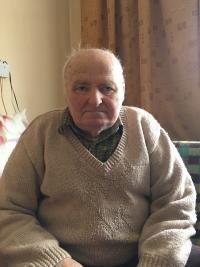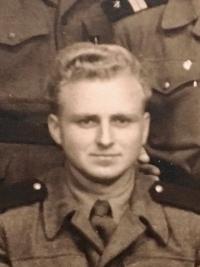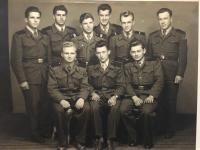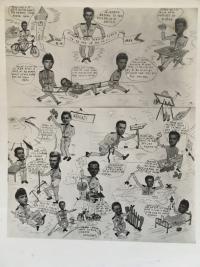The mayor pointed his finger at me and said, ‘Liquidate!’
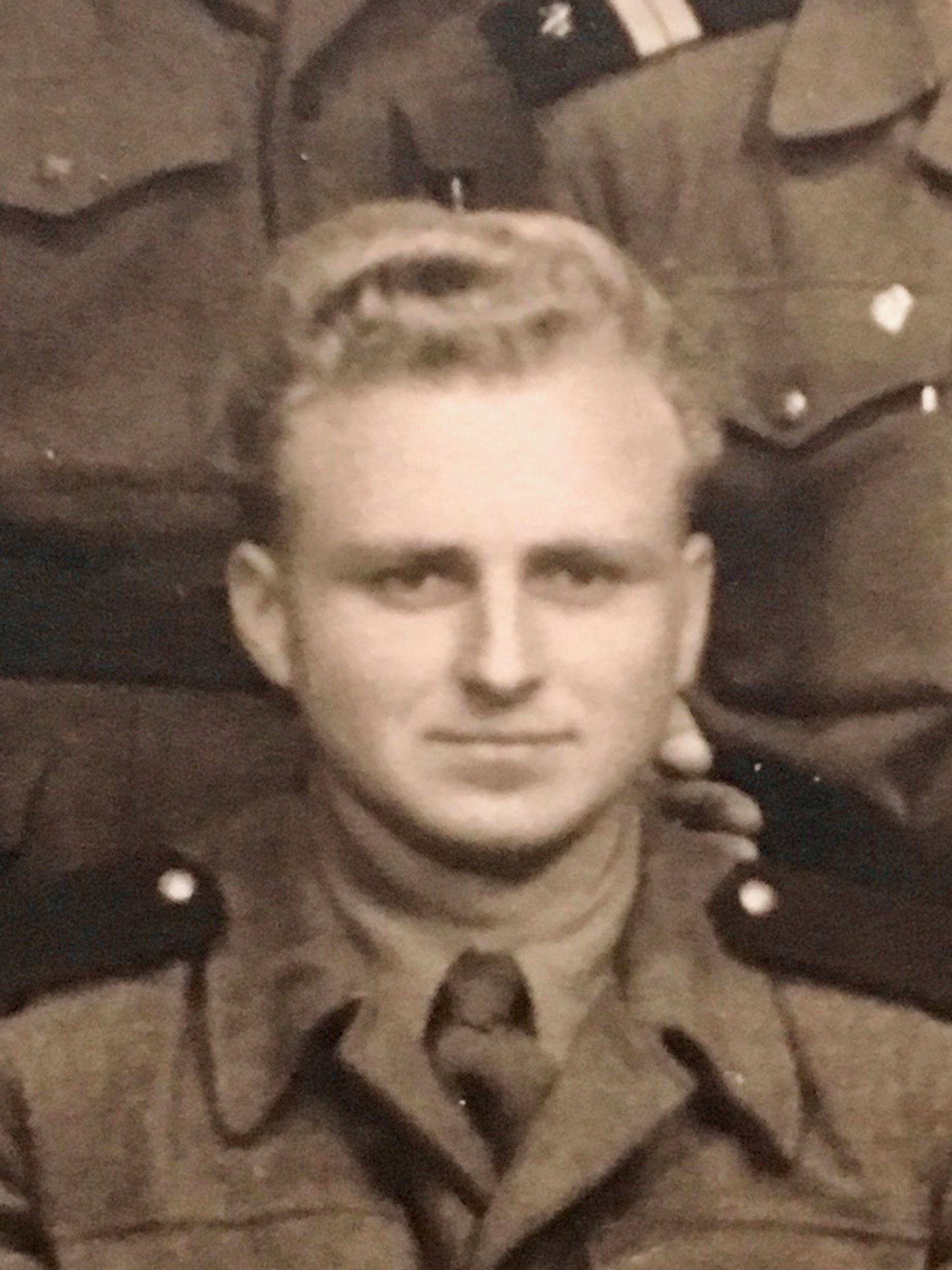
Download image
Ondrej Malček came from a big peasant family, which in the end of 1930s moved from Hriňová to Kokava nad Rimavicou. However, the residents weren’t friendly to the newcomers and after the trial of Ondrej’s father with a local citizen, the whole family had to face many problems. Due to pressure of the local national committee, Ondrej was assigned to the Auxiliary Technical Battalions (PTP), where he spent 27 months as a building construction worker. His parents were deprived of their property, it was nationalized, and his siblings were not allowed to study at vocational secondary schools. After the forced military service, Ondrej had great difficulties finding a stable job. He managed to do so only after moving to Nitra, where he employed as a construction worker. Nevertheless, the regime brought about many further problems; Ondrej’s career advancement was hindered and he was perceived as an unreliable person. When he was forty years old, he married Paulína. Before his retirement, in his fifties, he managed to build his own house, where he lives until present.
